Introduction
What Is An Ambulatory Surgery ?
Ambulatory surgery is a mode of care that allows you to shorten your hospitalization to a single day for a surgical procedure. You come back in the morning to be operated on the same day and leave in the evening. This type of surgery is performed with the patient's agreement and under certain conditions, taking into account the type of surgery performed, the patient's living conditions (presence of a companion) and the organization of the surgical services.
Interventions Concerned
These are interventions with low risks of complications:
- Cataract surgery
- Dental extraction(s)
- Varicose vein surgery
- Arthroscopies
- Hernia surgery
- Gallbladder removal
- Certain gynecological interventions
- Knee ligament treatment
- etc.
Patients Concerned
Ambulatory surgery concerns all patients, except the most fragile ones like:
- Patient less than 1 year old
- Patient with several diseases, especially if they are not well stabilized (complicated and very poorly balanced diabetes, severe heart failure, severe renal failure or dialysis... )
- Patient who does not understand the French language or who has cognitive problems that make it difficult to follow prescriptions at home
- Patient with very precarious housing conditions (not compatible with good hygiene for care)
- Patient who has no family or friends who can help him/her (accompany him/her home, stay with him/her the first night, etc.)
- Patient who has no means of communication to contact the hospital in case of a problem.
What to Expect
Day of Surgery: What to Expect
Outpatient surgery is as safe as, or even safer than, conventional inpatient surgery. This is due to the fact that it involves an impeccable organization of the care team, based on risk management, control of the postoperative period and patient information. During the pre-operative consultation, you will be informed of the surgical follow-up and of any complications that may arise.
During your day of hospitalization, you will go through an "ambulatory course" that health professionals accompany step by step:
- Reception
- Pre-operative consultation
- Passage to the operating room for the operation
- Passage to the recovery room for monitoring
- Return to the hospitalization unit for rehabilitation (getting back on your feet to be able to go home)
- Information and handing over of documents for the town medicine (general practitioner and specialist, liberal nurses)
When you leave in the evening, you will be able to walk, you will not have nausea and your pain will be controlled. Only 2% of patients are hospitalized for the night in case of unforeseen events (bleeding, incomplete recovery from anesthesia...).
Benefits
Benefits
Many evaluations show the benefits of ambulatory surgery, including a high satisfaction rate (often over 90%) of the patient and his family, as well as health professionals. In addition:
- Ambulatory surgery reduces the risk of healthcare-associated infections and phlebitis, as these increase with the length of hospitalization
- Efficiency gains in the organization of surgical services
- Convenience: Recovering at home generally facilitates convalescence compared to a hospital stay
Less stress: In most cases, ambulatory surgery is less stressful than hospital-based surgery. This is especially true for children who are afraid to be away from home. Most people prefer to recover at home rather than in the hospital.
Bénéfices

